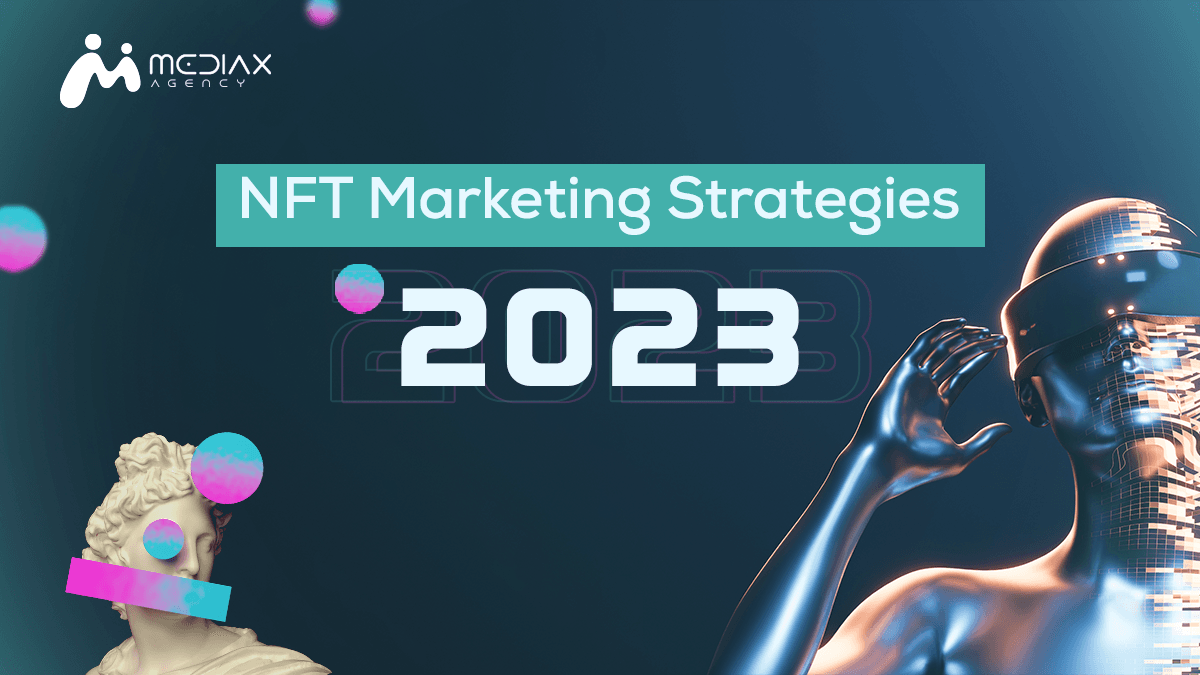The New-Age Decentralization Wave: 5 Best Web3 Social Media Platforms of 2023

The first generation of the World Wide Web - Web 1.0 - was static web pages based on a read-only format. Then came the era of Web 2.0 with the mobile web and social media networking sites that allowed mutual engagement. Today, we spend an average of 147 minutes a day, or two hours and 27 minutes, on these popular social media sites.
Now with Web 3.0, the Internet is shifting gears again and reshaping the world of social media, among other changes. While still in their early stage, Web3 social media platforms are offering a new way for users to interact and share information online. They are built on blockchain technology and aim to give users more control over their data and online identities. Moreover, they provide a more decentralized and censorship-resistant way to share and discover content.
If you’re wondering which Web3 social media platforms are leading the charge, here is our list :
Top 5 Web3.0 Networking Social Media Sites & Channels
1. Mastodon
Mastodon, a free Web3 social media platform released in October 2016 by Eugen Rochko, has surged in popularity in 2022. This user-friendly and decentralized microblogging platform is run by a global network of communities.
Its layout resembles Twitter, but users can also find servers to align with their interests and beliefs.
2. DiamondApp
Diamond is a new-age decentralized social networking platform that mixes investments with social media. Developed on the DeSo blockchain, it aims to build engaging communities around incentives, content, and ownership.
This platform provides content creators a space free from censorship and a new way to monetize their efforts fully. Moreover, users can mint any post they create on the platform as an NFT.
3. Odyssey
Odyssey, launched in 2021, is an open-source video-sharing website that claims itself as a successor alternative to YouTube. The platform also allows users to share audio files, images, and articles.
LBRY, the blockchain-based file-sharing and payment network, hosts all the content on Odyssey. The aim is to provide a freewheeling space for creators with more direct control of their content and their audience.
4. Steemit
Steemit is a public blockchain-based social media platform that allows users to earn cryptocurrency for creating and curating content. The platform uses a token-based system called STEEM, which allows users to earn rewards for creating and voting on content.
Ned Scott and blockchain engineer Daniel Larimer established Steemit in 2014, intending to create a decentralized and incentivized social ecosystem.
5. Minds
Minds was founded by Bill Ottman and John Ottman in 2011. It is an open-source, decentralized social media platform that gives users more control over their data and privacy and provides freedom of speech.
Users can earn crypto tokens called MINDS for their contributions to the network and earn rewards for creating and engaging with content. It also features end-to-end encryption for private messaging and a built-in VPN to protect users' browsing data
As blockchain and Web3 technologies continue to advance, we can expect to see more exciting developments in the social media space. These new platforms have the potential to disrupt the traditional centralized social media model and give users more power and control over their online presence. Are you looking to venture into the Web3 space? If yes, MediaX, a Web3 marketing agency, can position your brand strategically at the forefront of media, investors, thought leaders, and your target audience.
Book a free consultation meeting with our Web3 specialists today.



